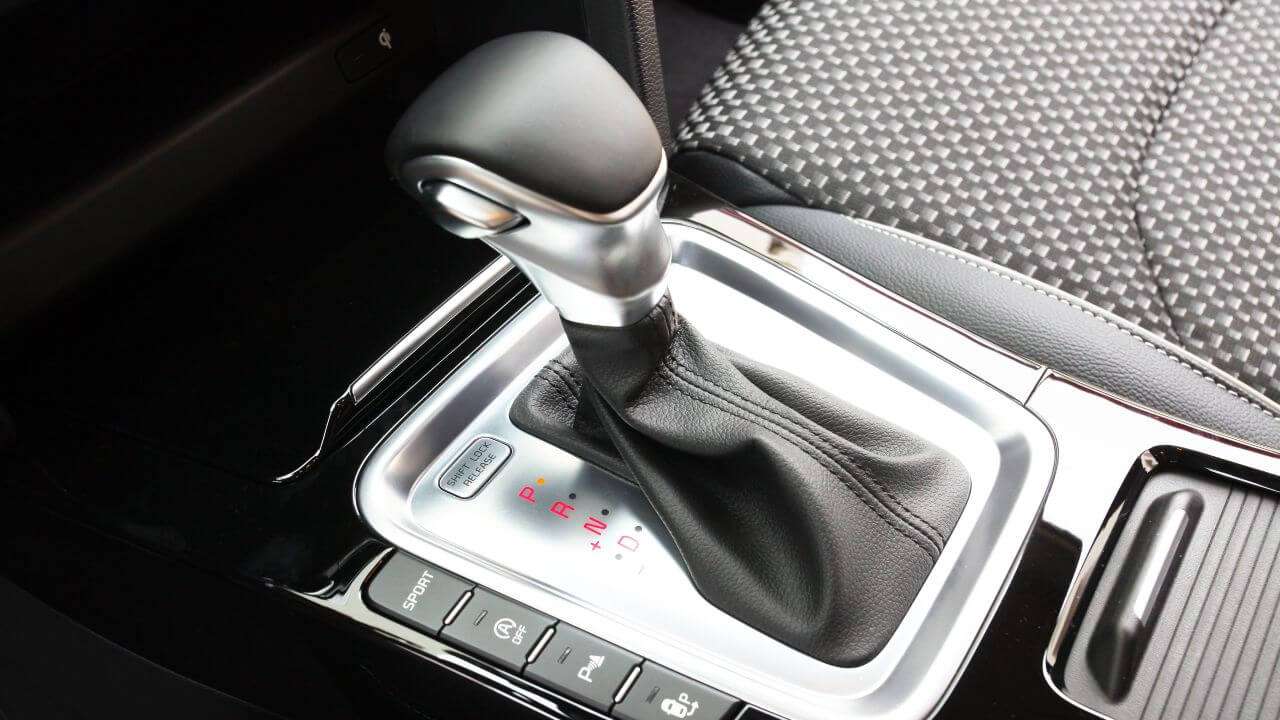The allure of seamless gear changes and effortless driving has made automatic transmissions a staple in modern vehicles. For many drivers, the convenience and ease of use offered by an automatic gearbox are paramount, especially in congested urban environments. Choosing the right car with the best automatic transmission can significantly enhance the driving experience, making commutes less stressful and road trips more enjoyable. The market is flooded with options, so finding the perfect blend of performance, reliability, and comfort requires careful consideration, which is what we hope to provide here by highlighting some of the best automatic transmission cars available today.
Understanding Automatic Transmissions
Automatic transmissions have evolved significantly over the years. What started as a simple system of gears and fluid couplings has transformed into sophisticated computer-controlled mechanisms. Today’s automatic transmissions offer features like:
- Adaptive Learning: The transmission learns your driving style and adjusts shift points accordingly.
- Multiple Driving Modes: Options like Sport, Eco, and Manual modes allow for customized performance.
- Increased Efficiency: Modern automatics rival manual transmissions in fuel economy.
Top Contenders for Best Automatic Transmission Cars
Here are a few cars that consistently rank high in terms of automatic transmission performance and overall driving experience:
Luxury Sedan: BMW 5 Series
The BMW 5 Series offers a smooth and responsive automatic transmission that perfectly complements its powerful engine options; The ZF 8-speed automatic is known for its quick shifts and intelligent programming, providing a driving experience that is both engaging and comfortable.
SUV: Volvo XC60
Volvo’s XC60 combines Scandinavian design with a refined driving experience. Its automatic transmission is tuned for smooth acceleration and effortless cruising, making it an excellent choice for families and commuters alike.
Compact Car: Mazda3
The Mazda3’s automatic transmission stands out for its responsiveness and sporty feel. It provides precise shifts and a direct connection to the engine, making it a fun and engaging car to drive, despite its compact size.
Factors to Consider When Choosing an Automatic Transmission Car
Beyond the specific models, consider these factors when selecting a car with an automatic transmission:
- Reliability: Research the transmission’s reputation for reliability and maintenance requirements.
- Driving Style: Choose a transmission that matches your driving preferences, whether it’s sporty or comfort-oriented.
- Fuel Economy: Compare the fuel economy ratings of different transmissions to find the most efficient option.
Comparative Table: Automatic Transmission Options
| Car Model | Transmission Type | Key Features | Pros | Cons |
|---|---|---|---|---|
| BMW 5 Series | ZF 8-Speed Automatic | Adaptive Learning, Multiple Driving Modes | Smooth shifts, responsive performance | Can be expensive to maintain |
| Volvo XC60 | Aisin 8-Speed Automatic | Smooth acceleration, refined cruising | Comfortable ride, user-friendly | Not as sporty as some competitors |
| Mazda3 | Skyactiv-Drive 6-Speed Automatic | Responsive shifts, sporty feel | Engaging driving experience, affordable | Fewer gears than some competitors |
Ultimately, the best automatic transmission car for you will depend on your individual needs and preferences. Researching different models, test driving your top choices, and considering factors like reliability and driving style are crucial steps in making an informed decision. Finding a car with a reliable and efficient automatic transmission can significantly improve your overall driving experience, so take your time and choose wisely. With careful consideration, you’ll find the perfect vehicle to suit your lifestyle. So choosing the best automatic transmission cars is a very important decision to make.
But are we truly confined to these established names? Shouldn’t we also be exploring less conventional options? What about the rising popularity of electric vehicles and their single-speed transmissions? Are they not, in essence, the epitome of automatic simplicity? Could their instant torque delivery and seamless acceleration be considered a superior form of automatic driving?
Beyond the Traditional: EVs and Automatic Simplicity
With the growing electric vehicle market, a new paradigm of automatic transmission emerges. Do these electric powertrains offer a driving experience that surpasses traditional automatics? Is the elimination of gear changes a significant advantage? How do factors like regenerative braking and one-pedal driving influence the overall feel?
Exploring the EV Landscape
Consider the Tesla Model 3, a leader in the EV segment. Doesn’t its instant torque and single-speed transmission provide an unparalleled level of responsiveness? What about the Nissan Leaf, known for its affordability and practicality? Does its e-Pedal feature, which allows for acceleration and deceleration with a single pedal, redefine our understanding of automatic driving?
Questions to Ponder
- Are single-speed transmissions inherently more reliable than multi-gear automatics?
- Does the lack of gear changes enhance the driving experience, or does it remove an element of driver engagement?
- How will the evolution of EV technology further impact the future of automatic transmissions?
The Future of Automatic Driving: A Crossroads?
Are we witnessing a shift in the definition of “automatic transmission”? Will traditional automatics eventually become obsolete, replaced by the simpler, more efficient single-speed systems of electric vehicles? Or will advancements in automatic transmission technology allow them to remain competitive? What role will factors like fuel efficiency, performance, and driver engagement play in shaping the future of automatic driving? What about hybrid powertrains, which often combine traditional automatics with electric motors? Do they represent a bridge between the old and the new? Ultimately, isn’t the most important consideration the driver’s individual needs and preferences? Doesn’t that personal connection to the driving experience outweigh any technological advantages?

